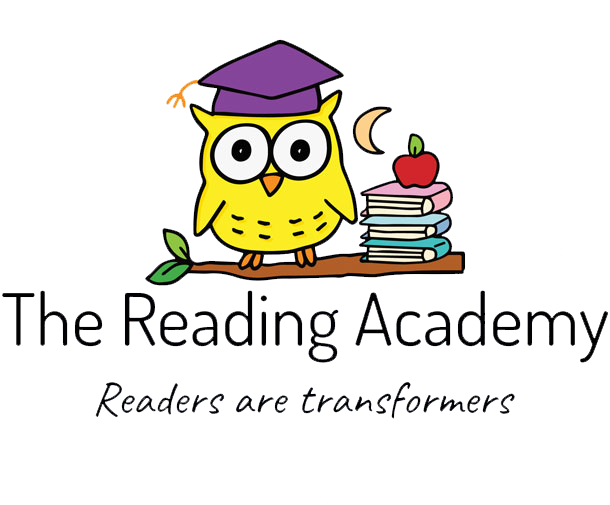Learning to read at a young age is a crucial foundation for a child’s future academic success. Reading is not only a necessary life skill but is also essential for cognitive development and personal growth. Children who learn to read early on have a significant advantage over those who do not, as they develop better communication skills, vocabulary, and critical thinking abilities. In this blog post, we will discuss the importance of learning to read at a young age and how it can positively impact a child’s future.
First and foremost, learning to read at a young age promotes brain development. Reading stimulates the brain and helps children develop cognitive skills such as memory, attention span, and language development. When children are exposed to books, they learn how to recognize and identify letters, words, and sentences, which are crucial components of reading comprehension. Reading also helps children develop their imagination and creativity, as they are introduced to different worlds, characters, and storylines.
Furthermore, reading at a young age is critical for developing communication skills. As children learn to read, they are also learning to communicate effectively. They develop a broader vocabulary, learn how to use words correctly in context, and gain the ability to express their thoughts and ideas clearly. These skills are essential for success in any field, from academics to social interactions.
Reading also has a significant impact on a child’s academic success. Children who learn to read early on are more likely to excel in school and achieve higher academic success. Reading is a fundamental skill that is required in all subjects, including math, science, and history. Without the ability to read, children will struggle to comprehend texts, instructions, and assignments, hindering their academic progress.
In conclusion, learning to read at a young age is essential for a child’s cognitive, social, and academic development. Reading is a critical life skill that provides numerous benefits, including brain development, communication skills, and academic success. Parents and educators must promote reading at an early age and provide children with a variety of reading materials, such as books, magazines, and newspapers. Encouraging children to read not only improves their academic abilities but also fosters a love for learning that will last a lifetime.
